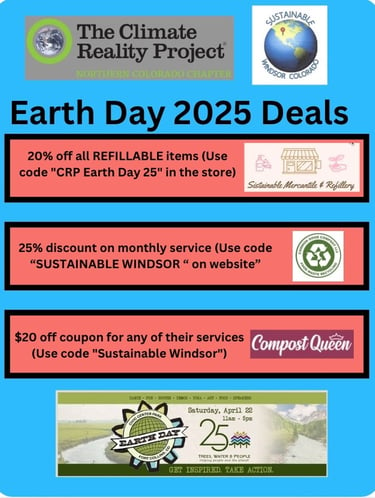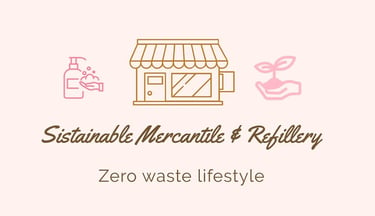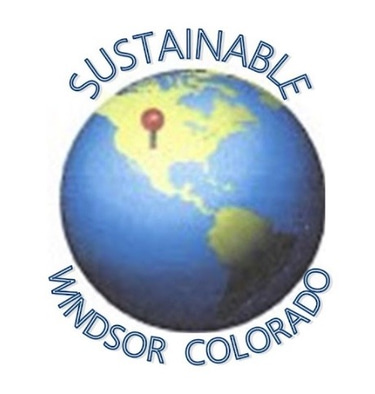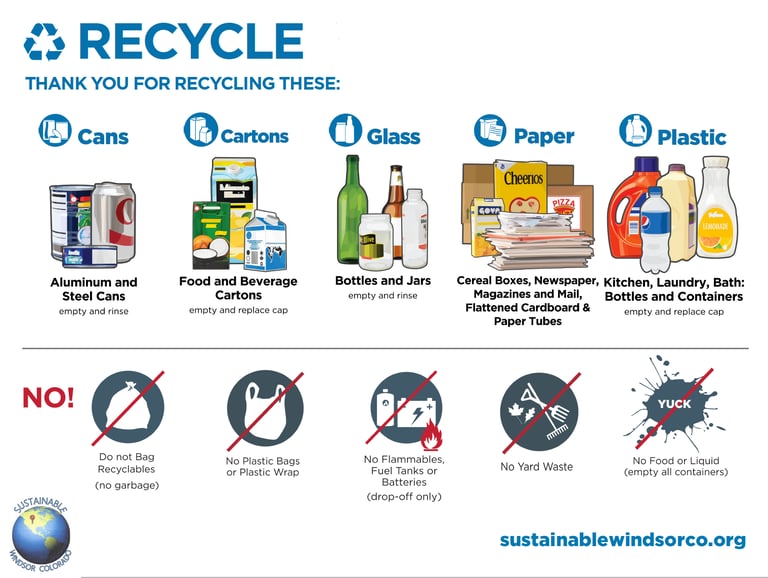Summary
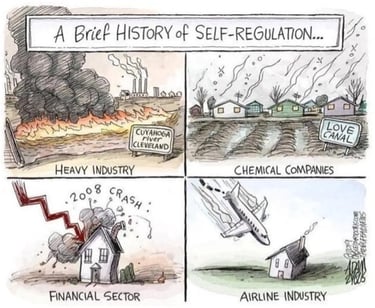

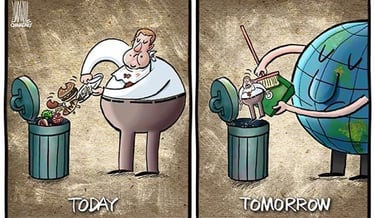

We developed Recycling Simplified last year to give people a basic grounding in waste diversion and how we can all pitch in … we covered the general challenges in recycling - the materials are here: https://sustainablewindsorco.org/recycling-simplified
During last year’s training, we focused on waste diversion and recycling at a fundamental level.
We all need to do a better job in terms of "knowing what to throw" ...
But it is more than that ... we need to be better consumers and be more aware of the "easy actions" we can take to protect our planet.
Following a discussion of food waste and composting, we discussed the problem with plastics. Unlike food waste, the issue of plastics is one that industry and government needs to address. It lives forever. It pollutes our oceans, our landfills, and the entire world. And it breaks down into microplastics and nanoplastics which then live on in our bodies and our planet for eternity causing cancer and destroying ecosystems.
We started on this educational journey into food waste and plastics with an overview of the challenges of waste diversion.
Fact is
… we are VERY good at producing waste
… and sadly it seems we get “better” at this each year.
And we continue to be unaware ...
…. as new iPhones come out – the old ones often get thrown into a drawer never to be seen again or (worse yet) thrown away …
… as we buy new clothes even though we have a closet full of them …
… as we make enough food for a small village and then end up putting it into the disposal or the trash
To Download a copy of the poster - simply click on it
Much of these actions relate to moving to a cicurlar economy and adopting zero waste policies. Key point is that it is not difficult to do ...
From the basic introduction – we moved to a discussion on food waste and the impact of food waste in landfills on greenhouse gases. Food/organic waste is an area we all can help with – from buying less carbon intensive foods, focusing on cooking the “appropriate” amounts to avoid waste, and then doing at-home or vendor-supported composting. Industry has a role to play here as well in terms of promoting better nutrition and helping to reduce the amount of ultra-processed and high-carbon consumed by the public.
We are seeing solutions like Extended Producer Responsibility beginning to address these issues but regulatory programs take time to implement. In the meantime, we need to be more cognizant of our use of plastic in terms of the products we purchase and our approach to using plastic in our daily lives.
WHAT YOU CAN DO
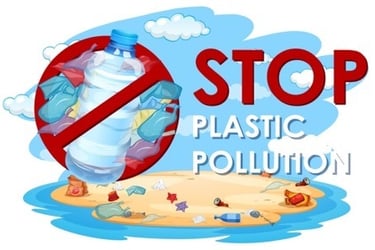

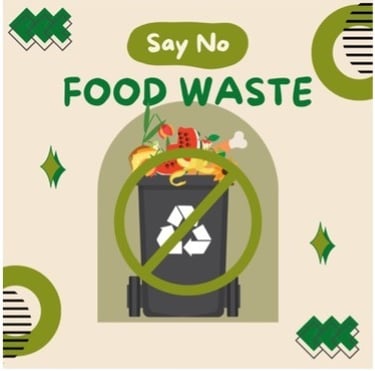

For Food Waste:
Reduce the amount of food you buy, prepare, and serve to avoid throwing it away
Focus on lower carbon footprint foods e.g., vegetables not meat
Learn to love leftovers
Do not over consume
And if you have food left – time to compost (do not throw food into your trash!)
For Plastics:
Shop “responsibly” by buying plastic free products (plastic-free/sustainable packaging) and avoid SUPs
If you have a choice between plastic, aluminum and glass please choose aluminum or glass as they are recyclable over and over without having to extract from the earth or resources. Aluminum is better than glass as it's lighter in weight.\
Bring “your own” e.g. water bottles, plates, utensils
Use community solutions such as no-waste party bin (which we used at the 2024 NOCO Climate Meetup)
Bundle your orders (or avoid “big box” e.g., Amazon all together)
We are seeing solutions like Extended Producer Responsibility beginning to address these issues but regulatory programs take time to implement.
Final Thoughts
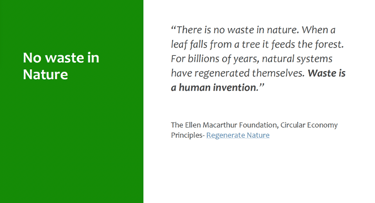

IN CLOSING .. THE MESSAGE IS SIMPLE
WE NEED TO TAKE BETTER CARE OF OUR PLANET
WE ALL NEED TO BE CLIMATE ADVOCATES
WE NEED TO CONTINUE TO SET AN EXAMPLE
But we cannot depend on regulations and policy alone … we need to be better stewards of our planet. We have this amazing planet with so many natural wonders … and yet, we are destroying it. With just a few changes to our lifestyle, we could be helping to get our planet healthy again instead of continuing to pollute it.
You can start small … just adopt an easy resolution that doesn’t involve giving up something incorporating those practices into your life.
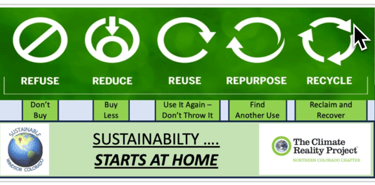

Some SUSTAINABLE Offers ...
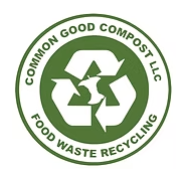



Common Good
(https://www.commongoodcompost.org/)
is the local composting company that I use as well as others in Sustainable Windsor. They are offering a 25% discount ($18 a month instead of the typical $25 per month) and will make this a permanent discount for anyone who chooses to use it. Common Good provides pickup services in Windsor. People should use the code SUSTAINABLE WINDSOR to get the discount.
Compost Queen
(https://compostqueenfc.com/residential-composting)
is providing a $20 off coupon for any of their services. They do NOT do pickup in Windsor however – but provide drop off locations on College Avenue off of Harmony or Trilby, as well as the Crossroads Human Bean in Loveland. Many of our folks in Loveland and Ft. Collins use Compost Queen. To get the discount - use the code SustainableWindsor for a $20 discount on our curbside or drop off services. Compost Queen can also provide instruction or consulting services for those looking to start at the backyard, community garden or commercial scale.
Sistainable Mercantile and Refillery
(https://www.sistainablerefillery.com/)
is a women- and veteran-owned business founded - their goal is to provide a variety of sustainable products, from bulk refills to reusable items that help customers reduce their plastic footprint. The company is dedicated to providing customers with choices that are not only better for the environment but also healthier for them.
